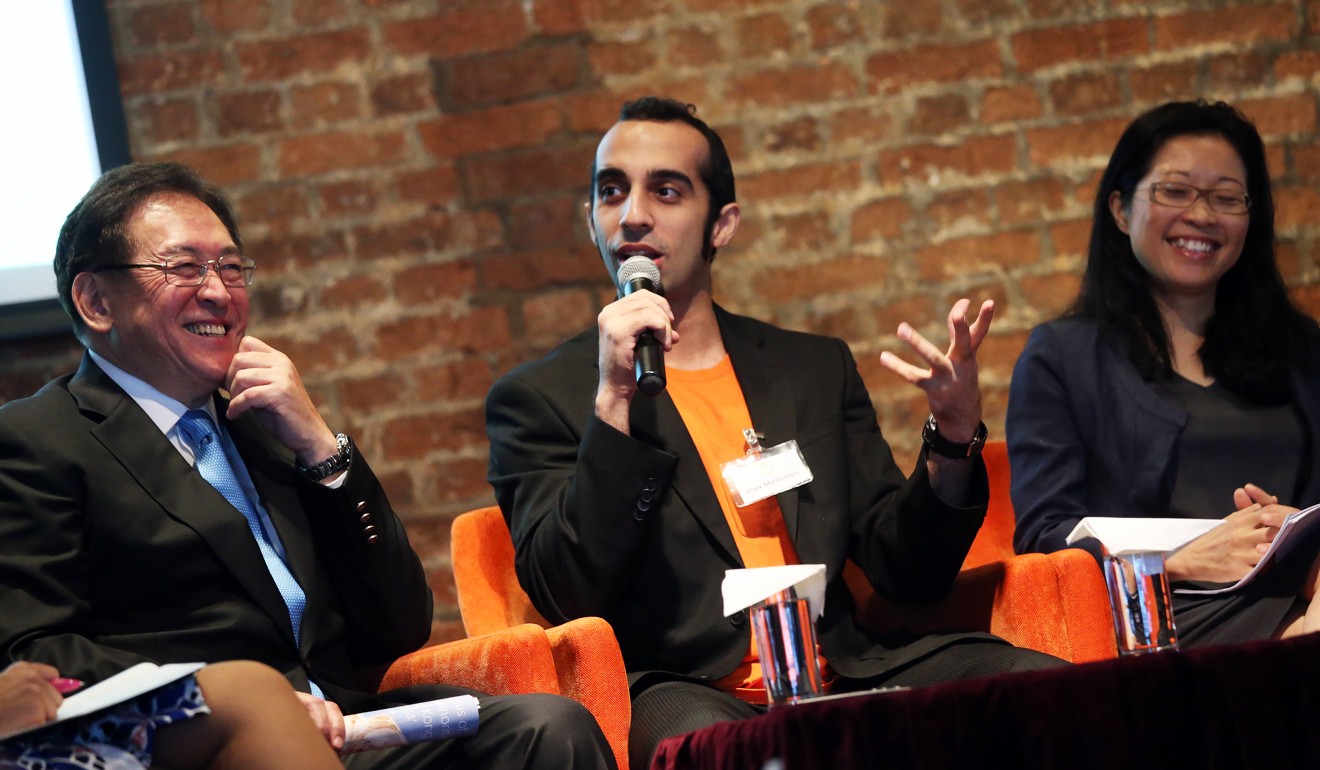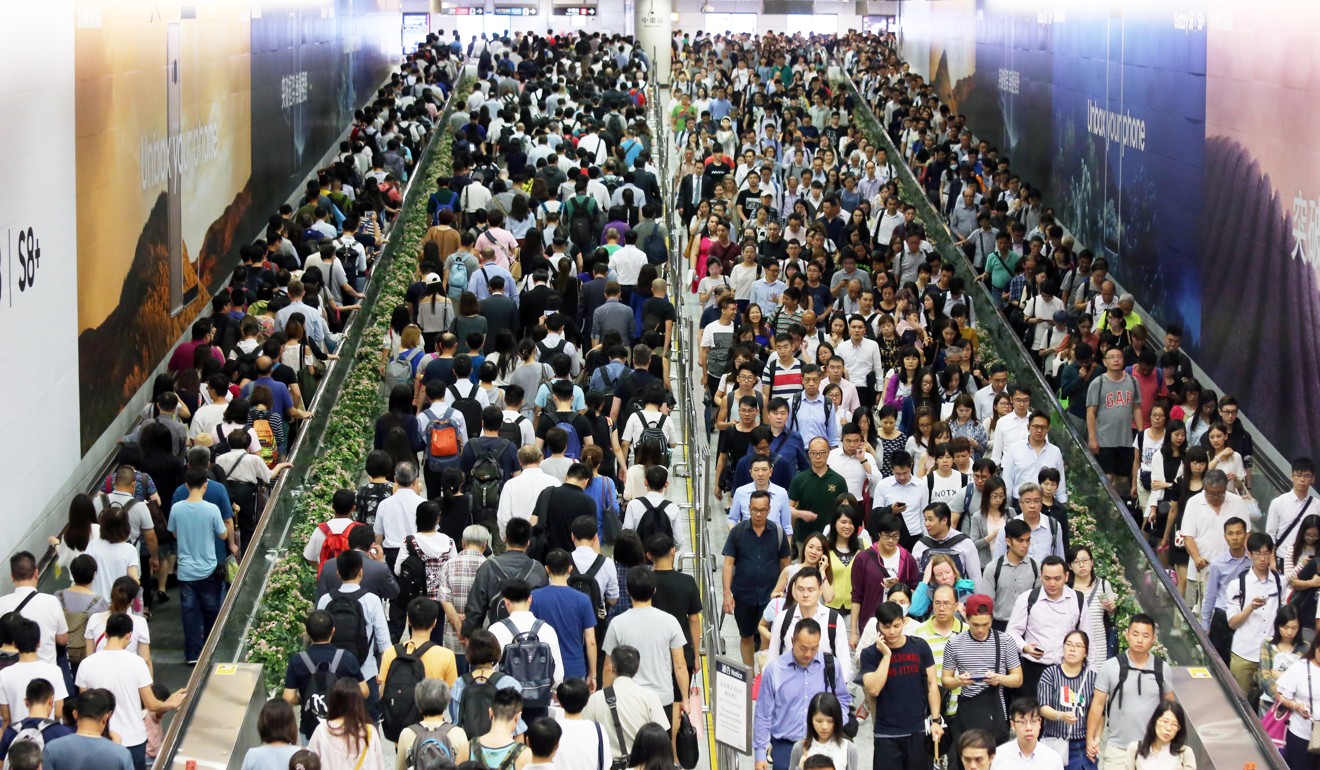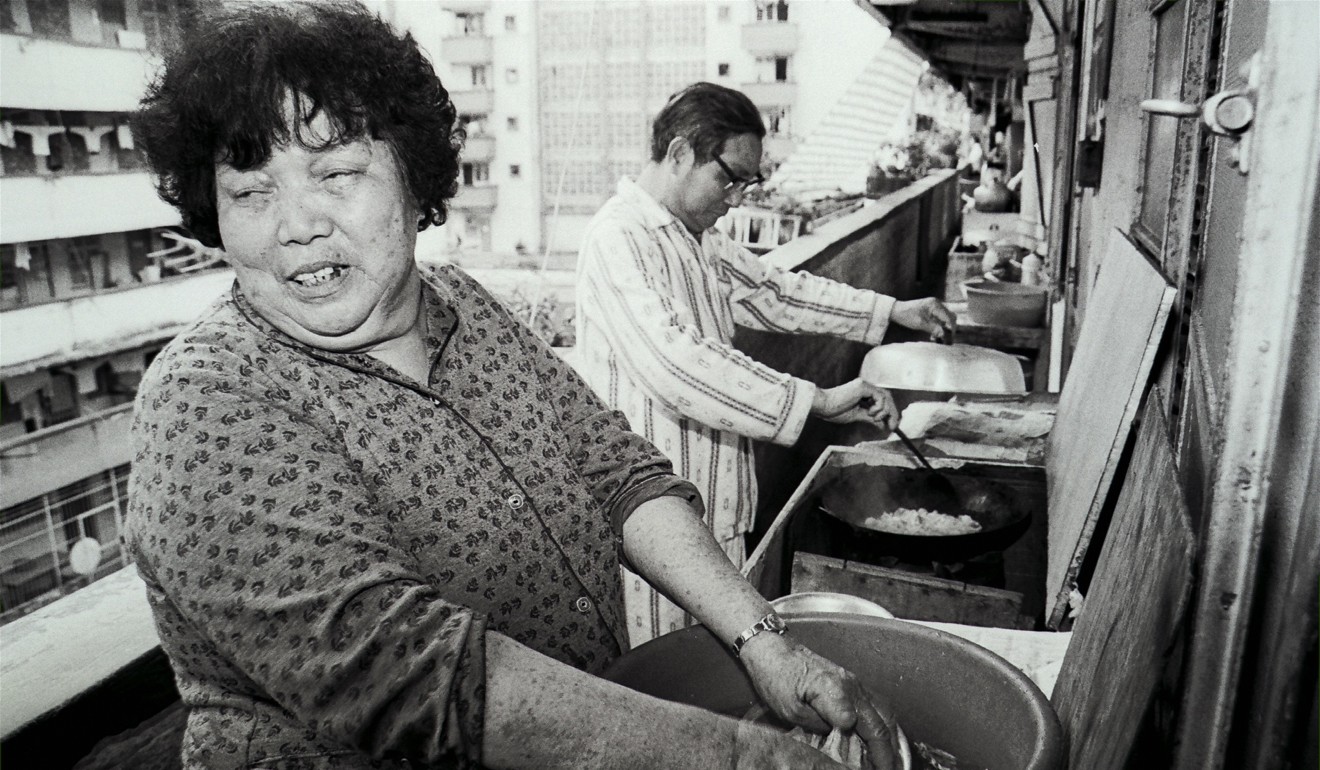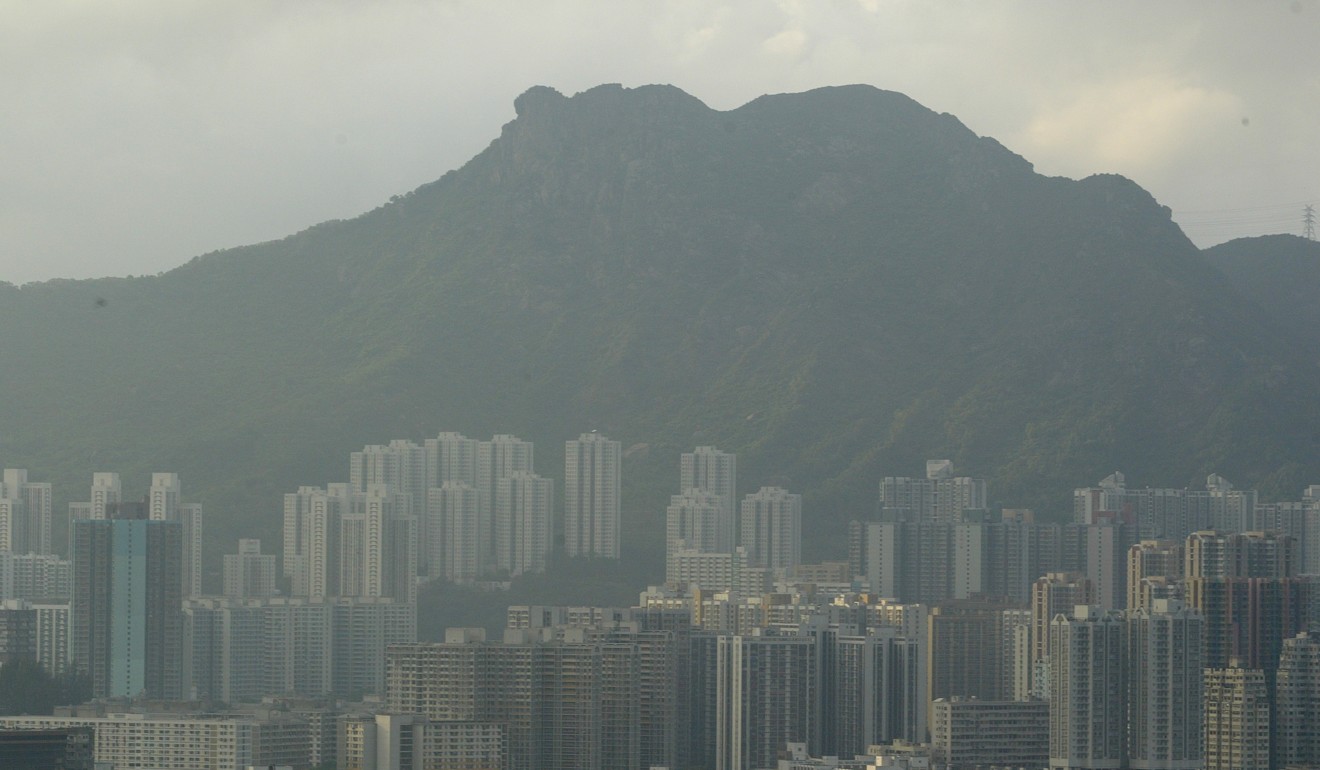
Would you hold the lift door for a stranger? The answer says a lot about Hong Kong
In the quest to be the most competitive, the city has forgotten the importance of community, camaraderie and basic common courtesy
A local stand-up comedian once made a very pertinent but amusing observation on a well-known but widely disliked Hong Kong behaviour.
“Happiness today in Hong Kong is when you’re alone in the lift with your finger on the close-door button as you see someone running towards it. As the doors are closing you’re like, oh my god, I’m getting better at this,” Vivek Mahbubani said.

Many of us have probably had the unpleasant experience of having the lift doors shut in our face. So I wouldn’t be surprised that some might enjoy the occasional moment to be on the other side of the doors with their finger on the close-door button.
Hong Kong is probably the only place on Earth where people are so eager to crush strangers with lift doors. This kind of behaviour is certainly unacceptable in many parts of the world, but here in Hong Kong it barely raises an eyebrow because many are led to believe they have no time to waste by holding doors for strangers, even just for a few seconds.
Man arrested in Hong Kong for calmly shoving cleaner onto rail track
Some put this antisocial behaviour down to Hongkongers’ impatient nature, shaped by their desire to achieve high efficiency and maintain a competitive edge in all aspects of life.
Being competitive doesn’t mean one has to be aggressive, callous, or plain rude
But, being competitive doesn’t mean one has to be aggressive, callous, or plain rude. It doesn’t mean a driver has the right to speed up his car when someone is about to step onto a zebra crossing or push someone out of the way just to grab a seat on the subway.
But, what about its identity, city pride, uniqueness and its long-cherished entrepreneurial and adventurous spirit? These qualities are not easily quantifiable, but I doubt Hong Kong would score very high if it were to be assessed in these categories.

Hong Kong people are overly competitive, and to many of them it’s not so much about the competition itself but the fact that they just hate finishing last.
There is a common Hong Kong saying, “Jaap shu haang tau, chamm gwo baai gaa”, which translates as “being the first in a queue of losers is worse than losing your family fortune.” This mentality is quite similar to that of the Singaporean “kiasu spirit”. Kiasu, which literally means “afraid to lose”, propels Singaporeans to thrive to be the first in everything they do because they believe being in second place means being the first in a long line of losers.
Meet the handyman who serves the neediest in Hong Kong
Back in the early 1970s Hongkongers used to take pride in asserting themselves with the so-called Lion Rock spirit that embodied a can-do attitude, a sense of adventure and perseverance. There was no “us” and “them”; people understood the importance of community affinity and camaraderie.
They worked hard to get out of poverty but they also had time for other people who needed help. Neighbourly relations were strong and people would look after each other’s children and elderly relatives and even do household chores for their neighbours.
They might have been poor but they were proud people and valued community affinity to work together for a better future.

Hong Kong is a miracle created by migrants and refugees who embraced a can-do attitude in life. Mainlanders who wanted better lives fled their homes between the 1960s and 70s and swam to the shores of Hong Kong; some of them didn’t even know how to swim. But that didn’t deter them. There were bizarre stories about how they inflated condoms and tied them around their bodies to help them float so they could swim the treacherous four-kilometre journey from Shenzhen to Hong Kong. Nothing seemed impossible in those days because those aspiring Hongkongers believed in themselves.

Today’s generation of Hongkongers may be competitive, but without the necessary understanding that competition is meaningless if there are no meaningful wins. First, we must define our wins. And then we should stop measuring ourselves against other people so as to avoid judging ourselves based on their values and standards.
Son of Hong Kong triad boss gives ex-convicts a new start by hiring them for his firm
One meaningful competition is to challenge ourselves to improve our future selves and our community. This forward-looking attitude is the catalyst that made Hong Kong great in the first place.
We achieved this a few decades ago when we lived by the principles of the “Lion Rock spirit”.
Now, it’s time to revive this and try to get better at being a can-do, rather than a competitive, Hongkonger.
Luisa Tam is a senior editor at the Post

